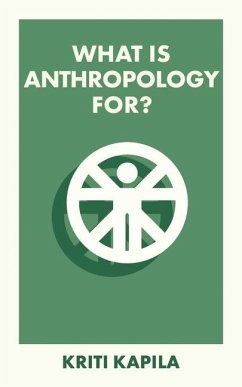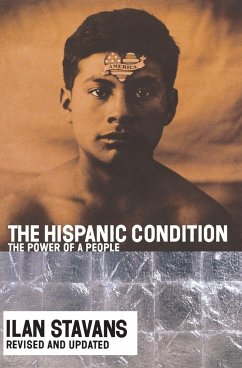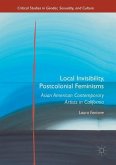Should anthropology, a discipline that originated in the colonial 19th century, still exist in the 21st? In the wake of the Black Lives Matter protests and campaigns to decolonise the curriculum, isn't it irredeemably contaminated by its past? As a western-trained Indian anthropologist, Kriti Kapila comes from a culture that was long treated as the subject of anthropology rather than a contributor to its understanding. But in this book, she argues that anthropology provides an essential set of tools for analysing our complex contemporary social reality. In today's data-saturated, social life, when science explores our past with great precision, isn't there merit in maintaining the line between nature and cultural, the biological and the informational, the human and the planetary? Arguing resolutely for the discipline, while ignoring none of its past and present failings, this book makes a case for the unique insights that it can provide into our human connection, relatedness and exchange.
Hinweis: Dieser Artikel kann nur an eine deutsche Lieferadresse ausgeliefert werden.
Hinweis: Dieser Artikel kann nur an eine deutsche Lieferadresse ausgeliefert werden.








